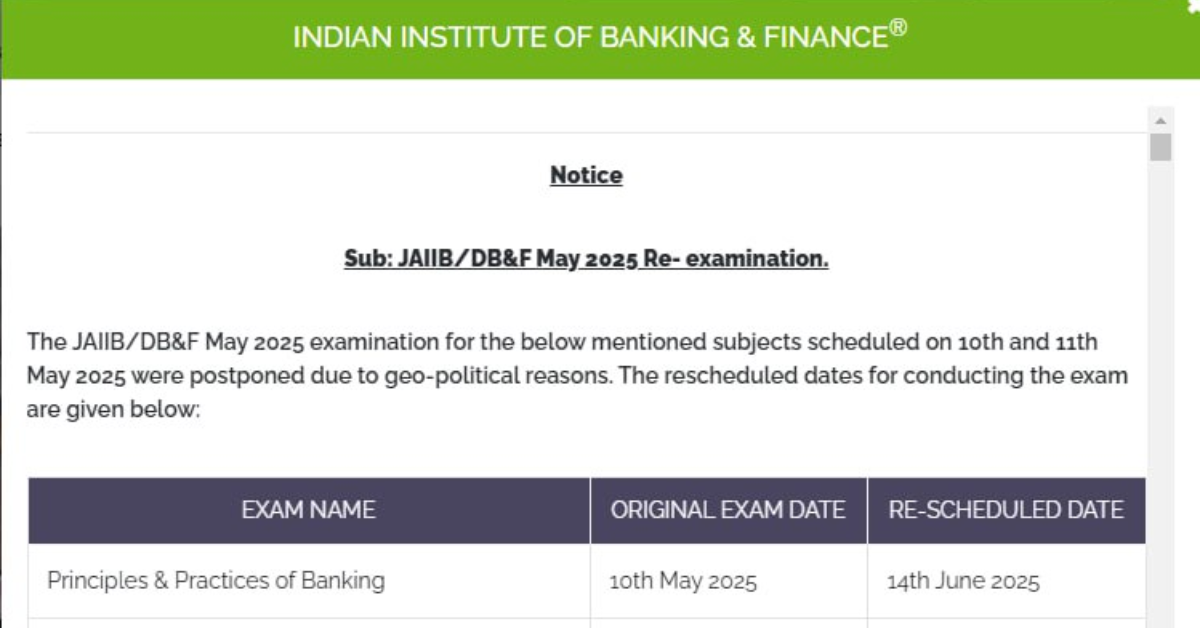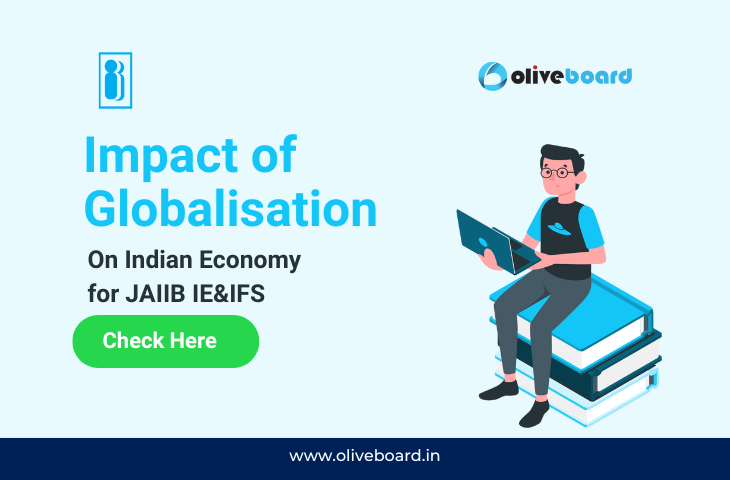Impact of Globalization on India: Globalization refers to the process of interconnection and integration among individuals, businesses, and governments across the world. It has had a profound impact on India, shaping the country’s economy, politics, culture, and society in numerous ways. This article examines the various dimensions of globalization and its impact on India.
Impact of Globalization on India
Here we will analyse the impact that the process of globalization has had on India from four different angles:
- Economic Impact
- Political Impact
- Cultural Impact
- Social Impact
Economic Impact
The economic impact of globalization on India has been significant. India has emerged as one of the fastest-growing economies in the world. Its GDP has been growing at an average rate of around 7% in the last decade. The following factors are key features of the economic impact of globalisation on India:
- Globalization has led to the growth of India’s IT and services sector. This has attracted significant foreign investment and created numerous job opportunities for the country’s youth.
- The liberalization of trade policies and the opening up of the Indian economy to foreign investors have led to the growth of manufacturing industries. These include automobiles and consumer goods.
- India’s integration with the global economy has increased foreign trade and investment. This has led to a rise in the country’s GDP growth rate.
- However, globalization has also led to the widening of the income gap between the rich and the poor. Skilled workers benefit from new job opportunities, while unskilled workers are often left behind.
- The integration of the Indian economy with the global economy has made it vulnerable to external shocks. An example of this is the global financial crisis of 2008 which had a significant impact on India’s economy.
Political Impact
- Globalization has led to the spread of democratic values and ideas. This promotes transparency, accountability, and good governance in the Indian political system.
- Opening up of the Indian economy to foreign investors has increased dependence on foreign trade and investment. This in turn has affected India’s foreign policy and diplomatic relations with other countries.
- India’s integration with the global economy has led to the country’s greater involvement in international institutions such as the World Trade Organization (WTO) and the United Nations (UN). This provides India with a greater voice in global affairs.
- On the other hand it has also led to the erosion of national sovereignty. International institutions like World Trade Organization (WTO) and International Monetary Fund (IMF) have gained more power in shaping national policies.
- Globalization has also led to the emergence of civil society organizations and social movements. These are advocating for greater accountability and transparency in government policies and actions.
- However, the unequal distribution of the benefits of globalization has led to social unrest and political instability in some parts of the country.
Cultural Impact
- Globalization has led to the spread of Western cultural values and lifestyle choices. This includes fashion, music, and food, influencing Indian youth culture and popular culture.
- Global trends have influenced the growth of the Indian entertainment industry, including Bollywood and the Indian music industry. These trends have also contributed to the spread of Indian culture and values worldwide.
- The homogenization of culture has led to the erosion of traditional Indian cultural values and practices. Joint family system, religious customs, and local languages and dialects are slowly fading.
- However globalization has also led to the fusion of traditional Indian art forms, like music and dance, with Western influences. This has resulted in new and innovative forms of expression.
- The emergence of the Indian diaspora and its influence on the global culture and economy has highlighted the diverse cultural and linguistic heritage of India. This has also led to the promotion and preservation of Indian culture and traditions worldwide
- .
Social Impact
- Globalization has led to the creation of new job opportunities, particularly in the service sector, providing employment to the country’s youth and increasing social mobility.
- It has also led to the growth of the middle class, which has benefited from the growth of the IT and services sector. This has led to a rise in living standards, with better access to education, healthcare, and other basic amenities.
- However, the unequal distribution of the benefits of globalization has widened the income gap and led to social inequality, exacerbating existing social divisions based on class, caste, and gender.
- The growth of consumerism and the spread of Western lifestyle choices have led to changes in social values and attitudes, particularly among the younger generation, leading to the erosion of traditional values and social norms.
- Globalization has also led to increased migration, both within India and to other countries, resulting in cultural exchange and diversity, but also leading to social displacement and cultural assimilation.
- The spread of global health and education initiatives has led to improvements in healthcare and education, particularly in rural areas, but has also led to greater dependence on foreign aid and resources.
Impact of Globalisation on India: Conclusion
In conclusion, the impact of globalization on India has been multi-dimensional, with both positive and negative effects on the country’s economy, politics, culture, and society.
Concluding Points:
- It is essential to recognize and address the negative impacts of globalization while maximizing its benefits.
- The government and civil society must work together to ensure that the benefits of globalization are distributed equitably across all sections of society. Particularly those most vulnerable to displacement and social inequality.
- Additionally, efforts must be made to preserve and promote traditional Indian culture and values while embracing the benefits of globalization.
Impact of Globalization on India Free E-Book Download for JAIIB
Download Impact of Globalization on India Free E-Book
Step 1: Click on the download link. You will be taken to Oliveboard’s FREE E-Books Page.

Step 2: Register/Login to the Free E-Books Page of Oliveboard (It is 100% free, You just enter your valid email ID and a password to be able to download the Impact of Globalization on India PDF.
Step 3: After Logging in, you will be able to download the free e-book by clicking on “click here” as shown in the snap below.

Impact of Globalization on India: FAQs
Broadly, Globalization has impacted India on an economic, cultural, social and political scale.
Globalization has been both good and bad for India. While it has boosted economy, development, technology and employment, it has also increased the divide between skilled and unskilled labour. On the socio-cultural front, it has brought in new ideas, a more open society; but it also has brought in the problems that come with
- JAIIB PPB and AFM New Exam Dates Out for Affected Areas, May Cycle

- JAIIB RBWM Exam 2025 Analysis for Shift 1, 2 & 3 – 18th May 2025

- JAIIB Exam Analysis 2025, May Cycle, All Shifts Covered

- JAIIB AFM Exam Analysis 2025, May All Shifts Review

- JAIIB PPB Exam Analysis 2025, May All Shifts Review

- JAIIB IE and IFS Exam Analysis 2025, 4th May 2025 Detailed Analysis

